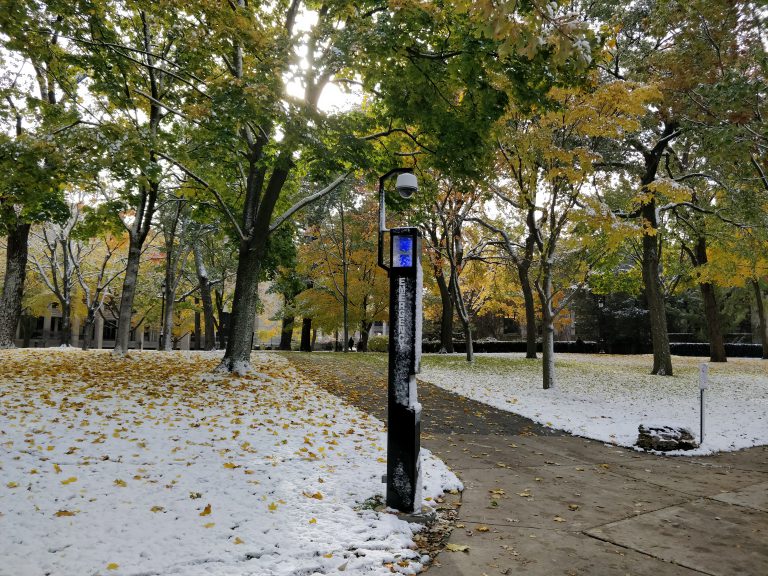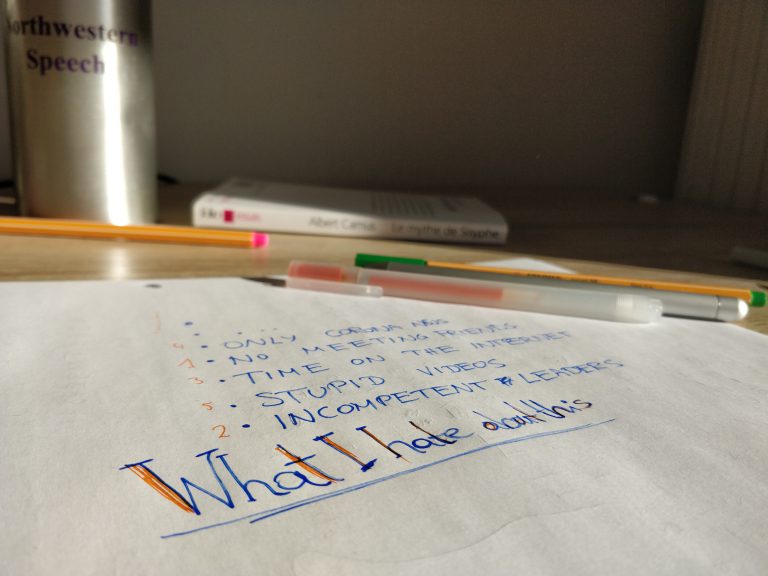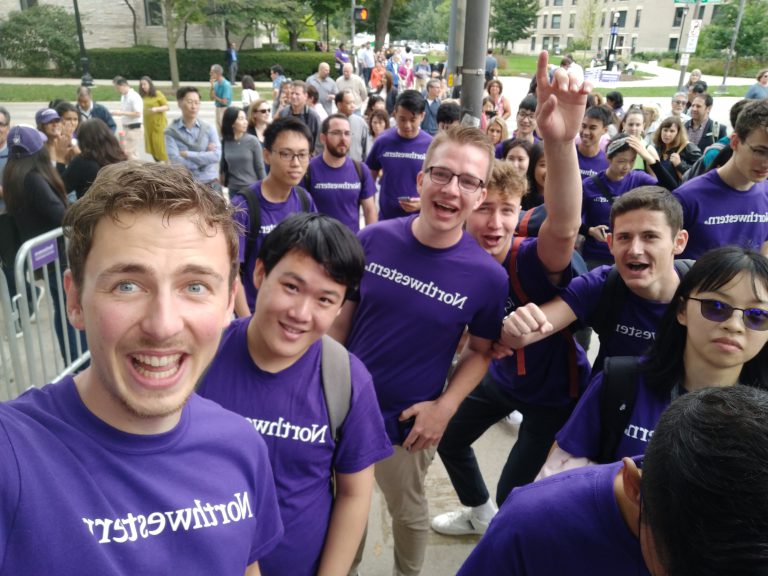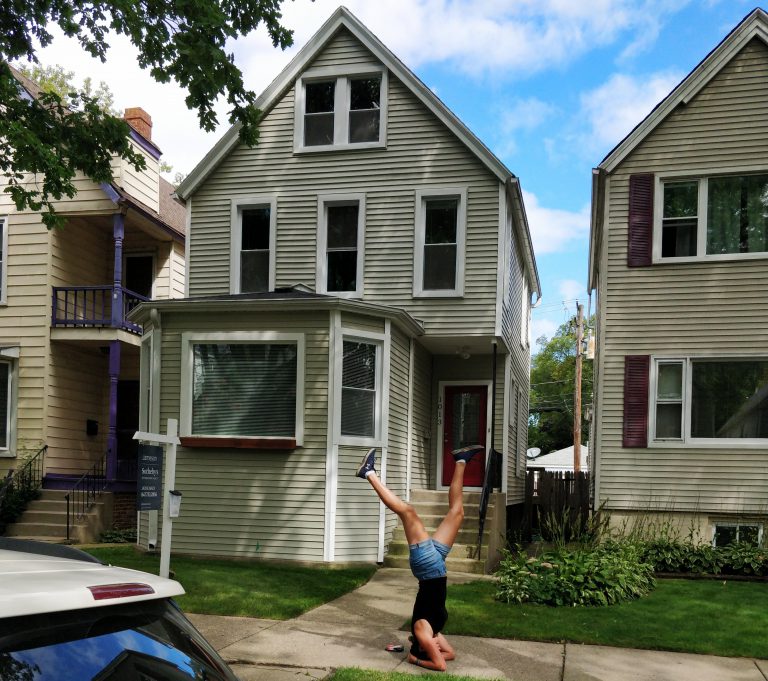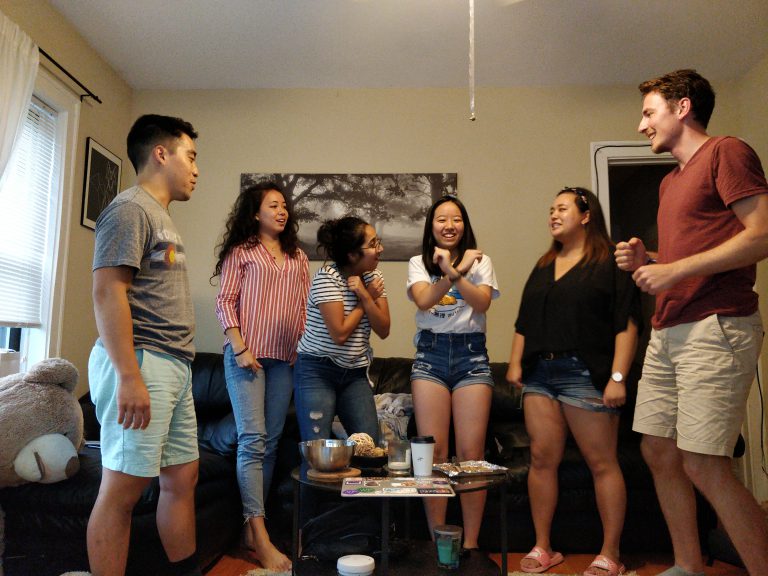This essay dates from the beginning of September, a period the French cherish as “la rentrée”. The words spilled out of my fingers right before plunging into my final months of PhD research.
My train arrives at 22:13 on a Sunday. I hop on the métropolitaine, barely squeezing in between what feels like a thousand people. Where are they all going after ten o’clock on a Sunday? And why is no one smiling? The air fills with human scents, someone coughs and inspires everyone else who has a virus to share. I bump my head at the low ceiling and remember that if I had a seat, my knees would touch the person sitting opposite of me. So maybe standing and bumping my head is the better option. Some latecomer slams into the crowd just before the doors are closing, preferring a violent tackle to four minutes waiting time. I barely manage to balance, avoiding a fall that could take this whole train crew with me, like dominos. While wondering why such domino effects don’t occur more often, I hear Paris whispering Welcome back into my headphones.
The next morning, I leave the apartment and cross Avenue du Thrône to grab a Vélib’ bike. My pedestrian light is green, the one for cars is red but a guy just ignores it, honking and stopping 10 centimeters from causing me bone fractures. I point at his red light, he points at mine, which has just turned red, and screams C’est rouge. He has even opened his window, his unjustified aggression reaching me without filters, rushing through my ear, dispersing into my brain and slowly darkening the way down to my heart. While I’m wondering how I deserve this start into the day, the man’s car shouts Welcome back before accelerating to far beyond 50km/h.
My Vélib’s saddle is too low and it makes a screeching noise when I pedal despite its 3/3 star evaluation by some Parisian optimist. At the next intersection, some guy crashes his bike into the woman waiting next to me, saying his break has just given up working. At the next pedestrian crossing, I stop for a lady who can’t believe a cyclist respects people by foot. Before we can exchange a smile, another biker overtakes me at full speed, missing the lady by a tiny margin and ringing his bell as if he were the victim of the accident he had almost caused. Never again will this lady trust a cyclist and everyone has lost a shared smile. Welcome back, I’m telling myself now, feeling the aggression boil inside my stomach.
With every ignored pedestrian crossing, every crowded metro train and every car running a red light, I feel the heat rise. It slowly moves up from the bottom of my stomach, through my chest, infesting my brain and making my eyes burn. If no one else cares, I tell myself, how can I survive in the streets of Paris? Inevitably, I adjust. Dropping the smile, dismissing the idea that mutual respect is the solution, going faster and more ruthlessly. Violence seems like the only option in a city where we are seemingly too many to still perceive each other as humans. Is that a valid defense mechanism or is it the only option to feel welcome in Paris?



